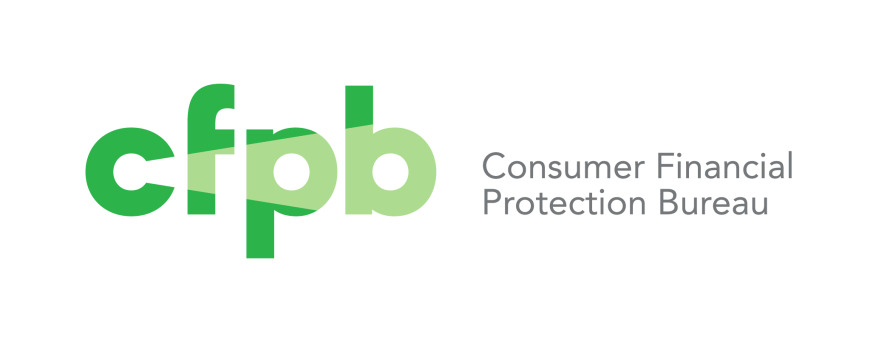Advertisement
CFPB Issues Principles on Consumer-Authorized Data Sharing

The Consumer Financial Protection Bureau (CFPB) has released a set of principles designed to protect consumers when they authorize third party companies to access their financial data that reside in separate organizations to in order to provide a variety of products and services including fraud screening and identity verification, personal financial management and bill payment.
According to a statement from the CFPB, these principles are “intended to help foster the development of innovative financial products and services, increase competition in financial markets, and empower consumers to take greater control of their financial lives. The principles reiterate the importance of protecting consumers to all stakeholders that provide, use, or aggregate consumer-authorized financial data.” In issuing the principles, the CFPB stressed the need to balance consumer privacy and data security with the promises of the “great benefits to consumers” that data-sharing can offer.
“Today, the bureau released its consumer protection principles for the consumer-authorized data-sharing market,” said CFPB Director Richard Cordray. “These principles express our vision for realizing an innovative market that gives consumers protection and value.”
About the author





